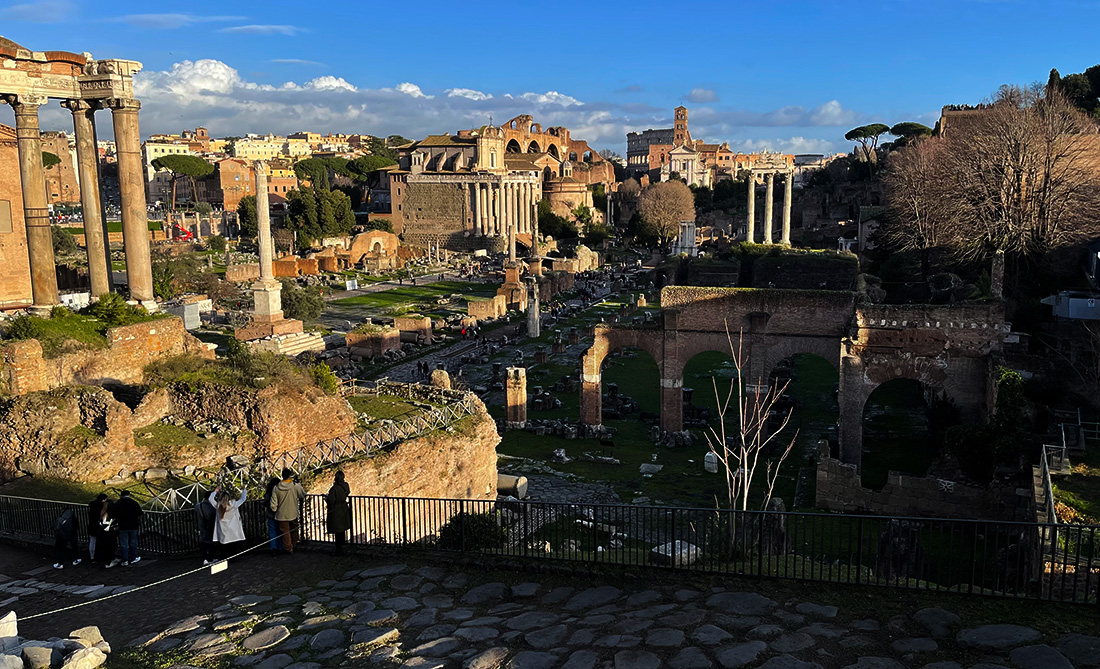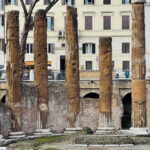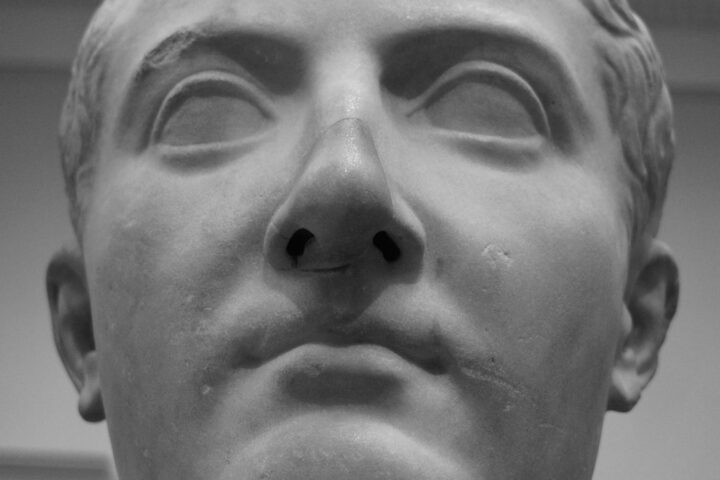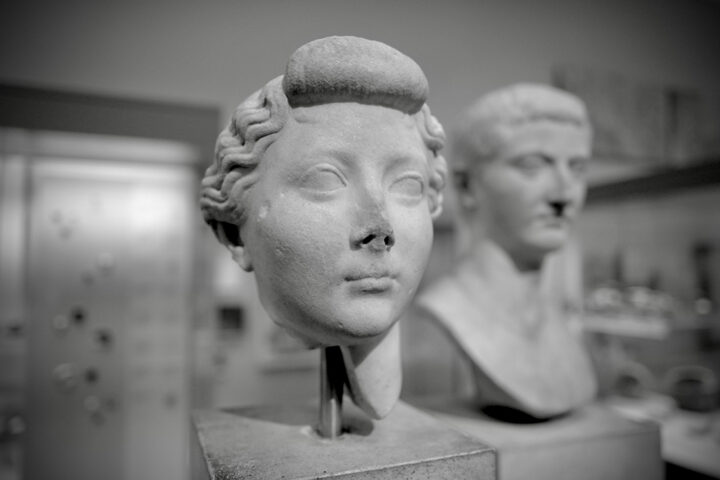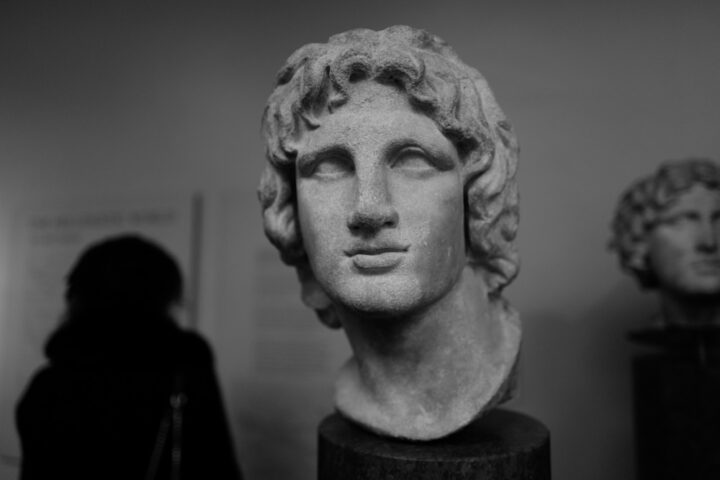Nero Claudius Caesar, better known as simply Nero, remains one of the most infamous emperors in the long and rich Roman history. His reign from 54 to 68 AD is often remembered for its decadence, cruelty, and destructive policies, earning him a notorious reputation that has endured through the ages.
One of the key elements that make Nero stand out as one of Rome’s worst emperors is his tyrannical and often erratic behavior. Early in his reign, Nero initially presented himself as a generous and capable ruler, but this facade quickly unraveled. He is widely believed to have been involved in the death of his own mother, Agrippina the Younger, as well as his first wife, Octavia. Actions that starkly illuminated his ruthless and unprincipled nature.
Beyond personal cruelty, Nero’s governance was marked by egregious acts of violence and wilful disregard for human life. The Great Fire of Rome in 64 AD, which devastated large portions of the city, remains one of the most darkly iconic moments of his rule. While historical accounts about the fire are contested, some sources claim Nero either set the fire deliberately or failed to respond adequately to it, focusing instead on his personal interests. His subsequent persecution of Christians, who he falsely blamed for the fire, added to the cruelty and chaos of his rule.
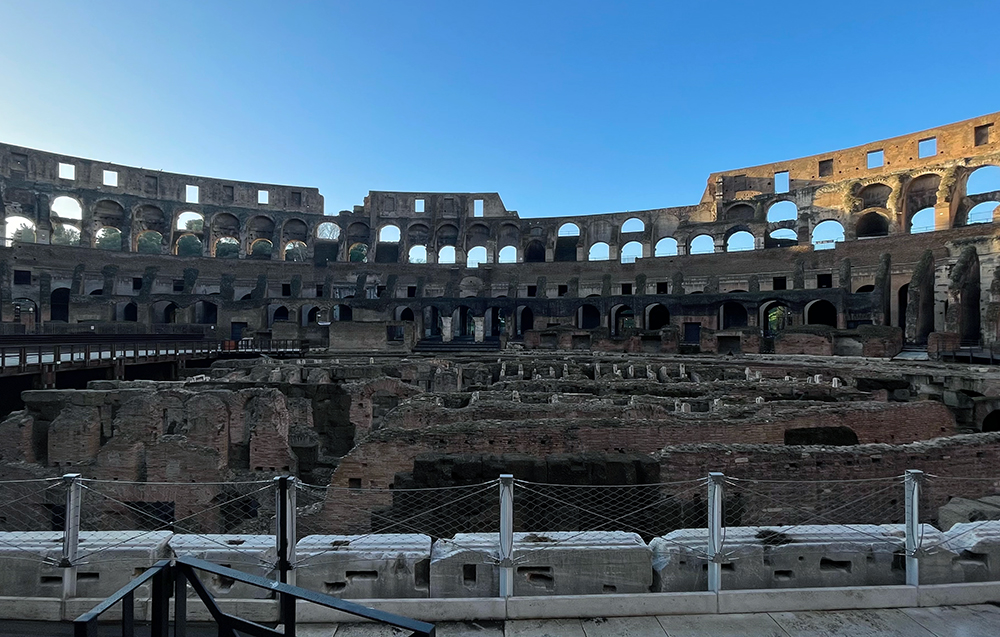
Nero’s fiscal mismanagement further deepened his infamy. His extravagant spending on personal luxuries, public games, and grandiose building projects drained the imperial treasury. He resorted to confiscatory taxes and looting temples to finance his excesses, creating widespread economic strife among his subjects. The populace’s discontent grew as they suffered the brunt of Nero’s fiscal irresponsibility.
Nero’s downfall was precipitated by a combination of his own erratic behavior and the resulting widespread dissatisfaction among Rome’s elite and ordinary citizens alike. By 68 AD, rebellion against Nero’s rule had erupted across the empire. Key figures, including the governor of Hispania, Galba, incited open revolt. Amidst the escalating chaos and sensing imminent capture, Nero chose to commit suicide, reportedly uttering the last words, “What an artist dies in me!” This final act underscored his self-absorption and disconnect from the catastrophic impact of his reign.
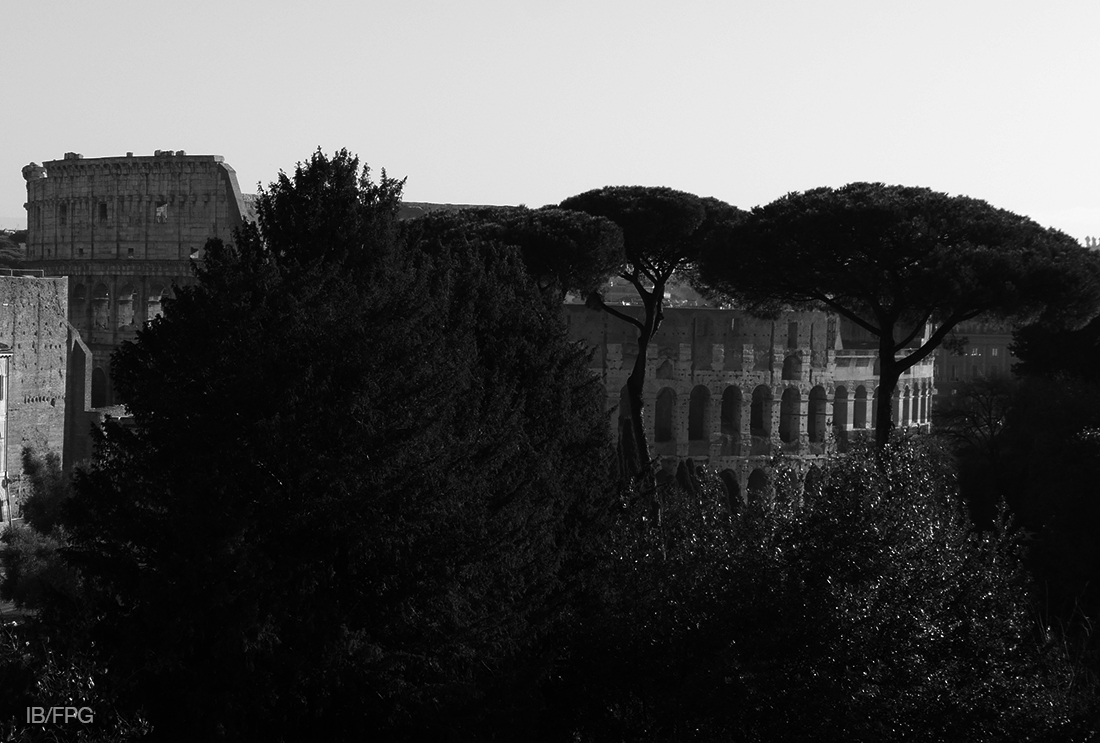
Looking back, Nero’s legacy is one of infamy and despotism. His unchecked appetites for power, luxury, and self-glorification coupled with his capacity for brutality contributed significantly to his designation as one of Rome’s worst emperors. His downfall serves as a stark reminder of the perils of autocratic excess and the eventual consequences that befall those who wield power without responsibility or regard for the well-being of their people.


